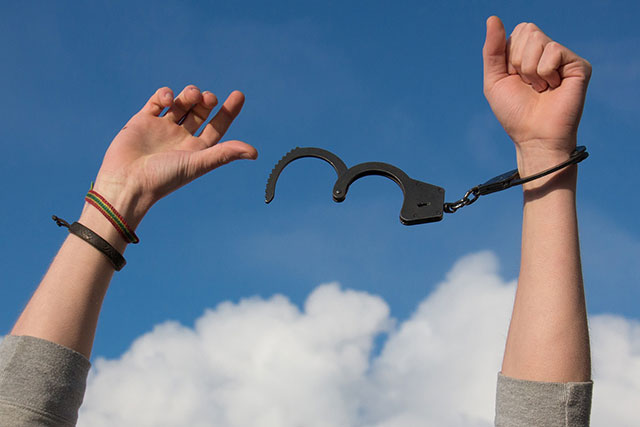Overcoming Addiction: How Loved Ones Can Help

For decades, individuals suffering from addiction have traveled the same route toward recovery with some measure of success. That route entailed combining a recovery program, such as AA, with therapy.
The problem with this traditional route is that therapists and program leaders had only marginal potential for influencing patients outside the office or treatment center. Once outside these walls, patients are free to walk away from any plan or situation they feel restrictive and uncomfortable.
For this reason, it has increasingly become the norm to include family and friends into the treatment plan. This invaluable network of loved ones can work together and spur the patient into action. Brought to act in concert, loved ones can serve as a sort of therapeutic device.
Here are some ways that a supportive network of loved ones can help in the treatment of addiction.
Social Cohesiveness
Social cohesiveness is the glue that keeps a group of people together. Whether that group is a society, a sports team or a business organization, the psychological and emotional well-being of all members of that group is directly proportional to the feelings of cohesiveness shared by all.
When the relationship between cohesiveness and emotional being is harnessed within a social network of loved ones and the patient forms a bond and closeness with this network, the group can encourage the patient to meet their expectations through abstinence.
An Inability Toward Denial
Addicts are known for self-destructive behavior. The only way they can live day-to-day in such a destructive manner is to develop patterns of denial. For instance, their job is on the line NOT because of their addiction, but because their boss has always had it out for them.
Obviously, these denial patterns are in direct contrast to the realistic, common sense views held by members of the support network. In order to feel accepted into this group, the addict must resolve this conflict and adopt the viewpoint of loved ones. Of course, this doesn’t happen easily or overnight. Usually an addict will become defensive and even withdrawn. But through the continued support of loved ones, over time the addict can change their own perceptions.
Coercion
Coercion typically carries a negative connotation, but in this instance, coercion can help an addict change their behavior. Any group or society has the power to “force” reluctant members to comply with its norms of behavior. This is done through social pressures.
Within a group of loved ones, actions such as the withdrawal of affection, the expression of group disapproval or the disruption of social interactions desirable to the addict can be very coercive. Interestingly enough, the steps do not even have to be taken. Just the threat of them is often more than enough to encourage the addict’s compliance.
When acted in concert and guided by a trained mental health professional, loved ones can play a crucial role in the recovery of an addict.
If you are a loved of an addict and are interested in exploring treatment, please contact me today. I would be happy to speak with you about how I may be able to help your family.

